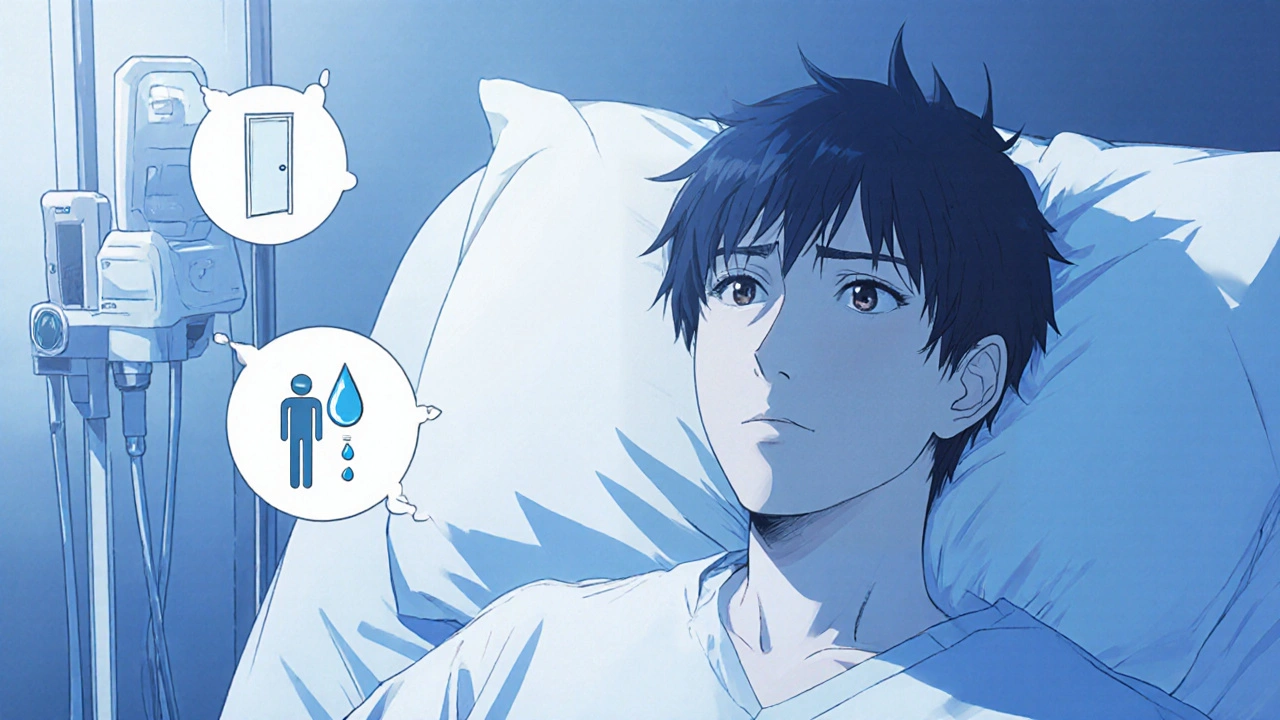Managing Chemotherapy Side Effects: Practical Tips and Support Options
When you're going through chemotherapy, a treatment used to kill cancer cells but also affects healthy tissues, causing a range of physical and emotional reactions. Also known as chemo, it’s a powerful tool in cancer care—but the side effects can be just as intense as the disease itself. Many people assume chemo means constant sickness, but the truth is, side effects vary widely. Some feel fine for weeks; others struggle with nausea, fatigue, or nerve pain. The key isn’t just enduring it—it’s managing chemotherapy side effects with smart, simple strategies that actually work.
One of the most common issues is nausea, a feeling of sickness that can hit hard after chemo sessions, even if you haven’t eaten. Also known as chemo-induced nausea, it’s not just about food—smells, stress, or even the sight of a hospital room can trigger it. Modern anti-nausea meds help, but pairing them with ginger tea, small frequent meals, and avoiding strong odors makes a real difference. Then there’s fatigue, a deep, bone-tired exhaustion that doesn’t go away with rest. Unlike regular tiredness, this sticks around for days or weeks. Walking for 15 minutes a day, napping strategically, and cutting back on non-essential tasks can help you keep energy for what matters most.
Other side effects like mouth sores, hair loss, or numbness in hands and feet are also part of the picture. Mouth sores can be eased with saltwater rinses and avoiding spicy foods. Hair loss isn’t just cosmetic—it affects identity and confidence. Some find comfort in scarves, wigs, or going bareheaded early, so the change feels more controlled. Numbness or tingling? Talk to your doctor. It might be nerve damage from chemo, and there are ways to slow it down or manage the discomfort. And don’t forget mental health. Anxiety and sadness are normal. Talking to someone who’s been there—whether through a support group or a counselor—can be as vital as any pill.
The posts below are packed with real stories and practical advice from people who’ve walked this path. You’ll find tips on nutrition that actually stick, ways to sleep better during treatment, and how to talk to your care team when something feels off. No fluff. No vague promises. Just clear, usable steps to help you feel more in control when your body is doing things you didn’t sign up for.
How to Manage Chemotherapy‑Induced Diarrhea: Practical Tips for Cancer Patients
Learn how to control chemotherapy‑induced diarrhea with hydration tips, diet changes, medication guidance and warning signs, so you can stay comfortable and keep treatment on track.

